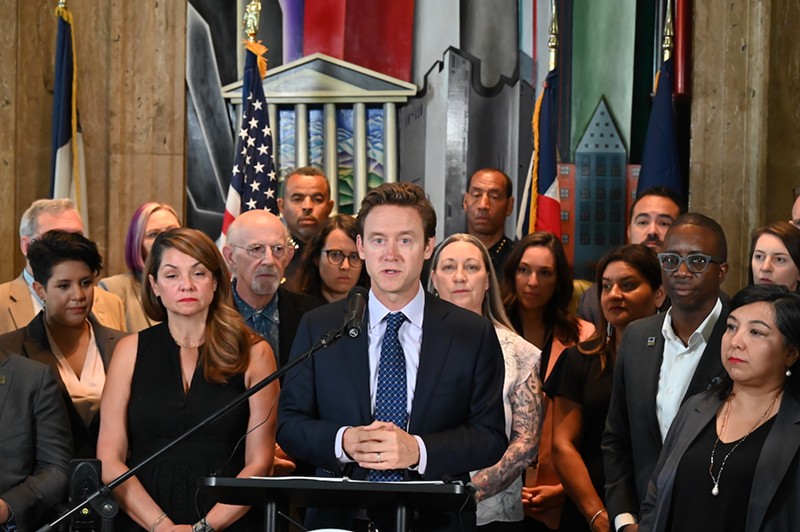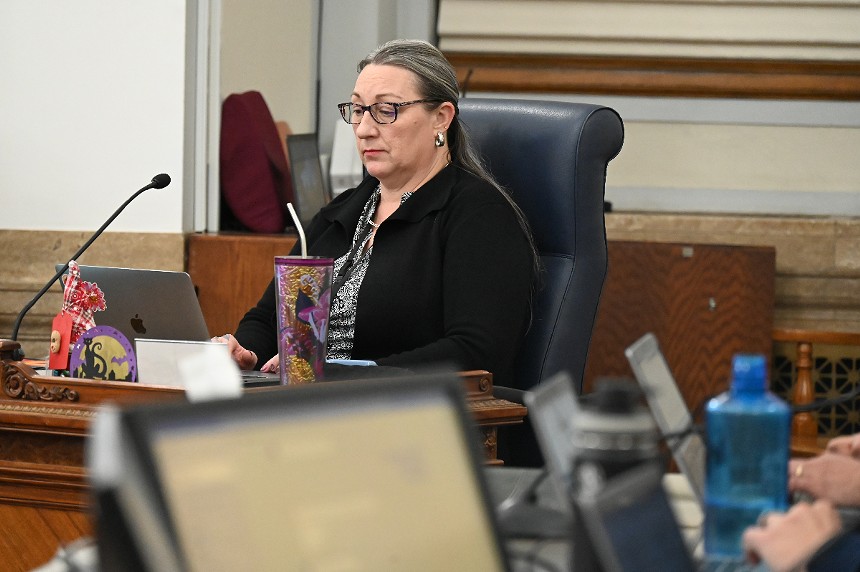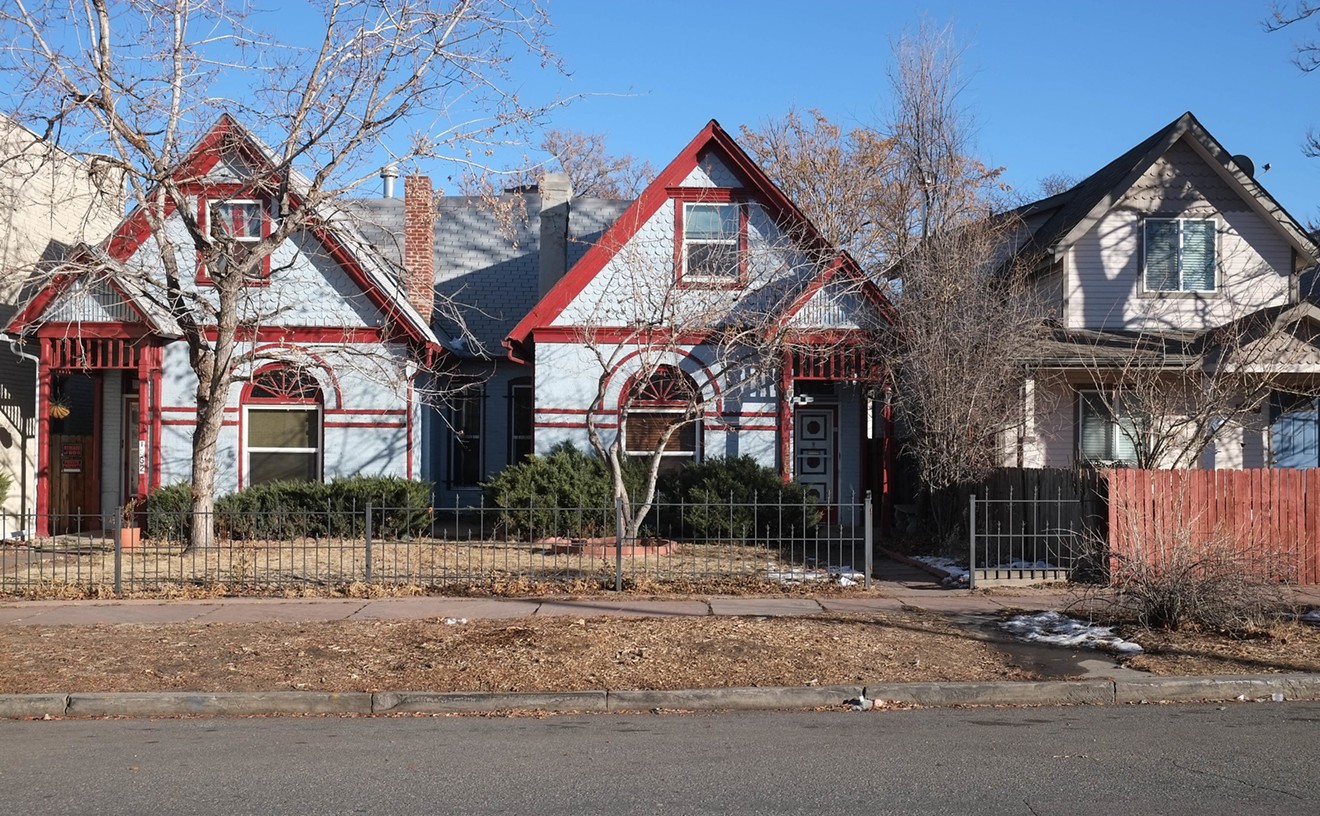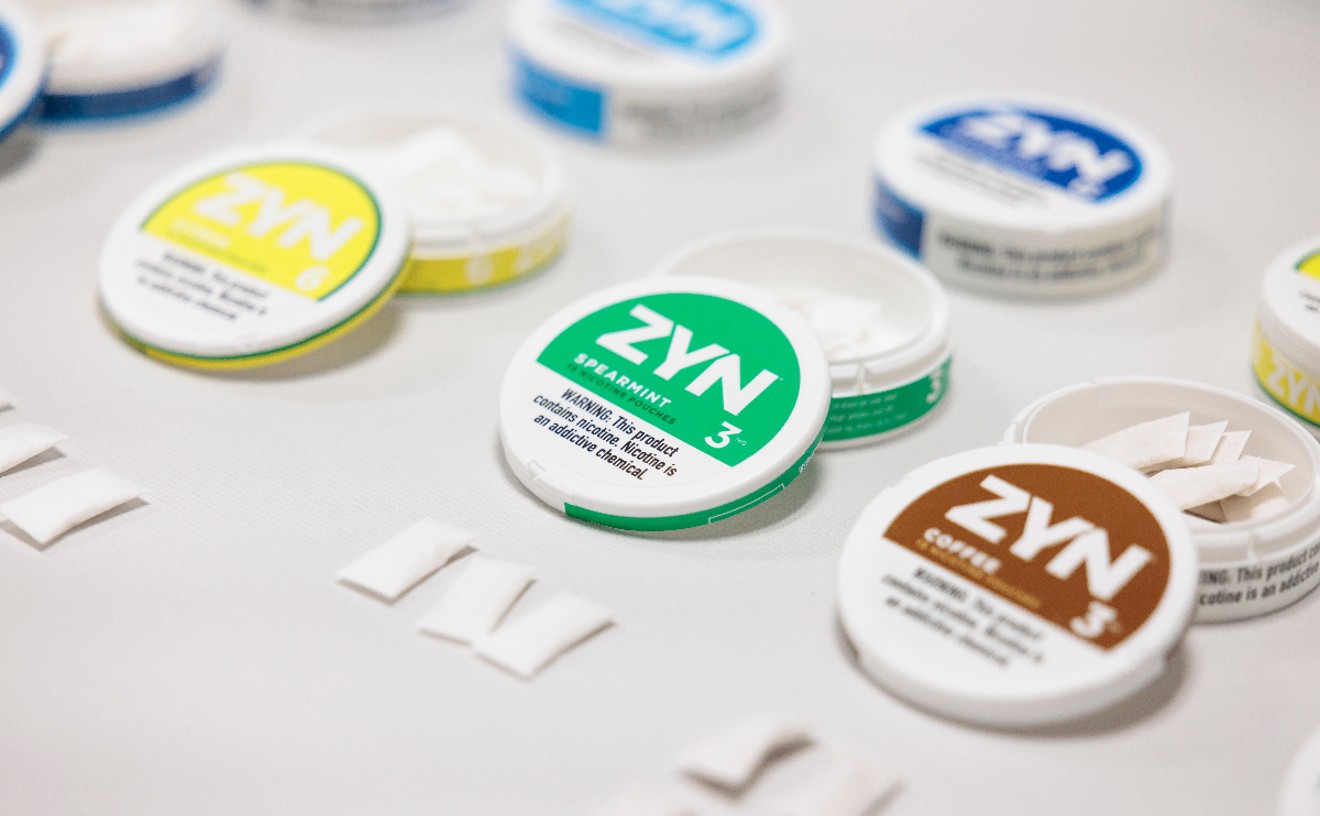"This is an incredibly complex and difficult crisis we're facing, but it also needs to be done right," District 5 Councilmember Amanda Sawyer tells Westword. "And I think as we have seen [the mayor's plan] roll out, we have seen that there have been a number of things that have taken place, missteps that have been made, because of it being done fast instead of right."
On July 18 — Johnston's first full day in office — Denver's new mayor kicked off his House1000 plan by declaring a state of emergency over homelessness, which allowed him to speed up "the procurement for critical services" like housing contracts, per the declaration. For him to keep an emergency declaration in place for more than seven days, Johnston has to get approval from Denver City Council each month, and Sawyer has never voted for extending it.
On July 24, the first time the decision to extend the declaration went before council, Sawyer opposed it "not because I don't believe [homelessness is] an emergency; I absolutely believe it's an emergency," she says, but because Johnston seemed to be going too fast, and members weren't getting all the information they needed.
"It's very rare in my experience that we are receiving emails from the mayor's office to our inboxes in the middle of council meetings where we are discussing the topic of what's coming in an email," Sawyer explains. "It's very highly irregular, and it's not good policy. It doesn't allow for thoughtful reflection. It doesn't allow for time for questions to be generated or clarifications to be requested."
Sawyer, who has been on council since 2019, was again the lone vote against extending the declaration on August 21. A month later, Councilmember Flor Alvidrez — the new representative for District 7 in south Denver — joined her side.
"My and my community's voice have been skipped over," Alvidrez tells Westword. "My vote mostly goes against how I've seen the unraveling of the emergency order in my district."
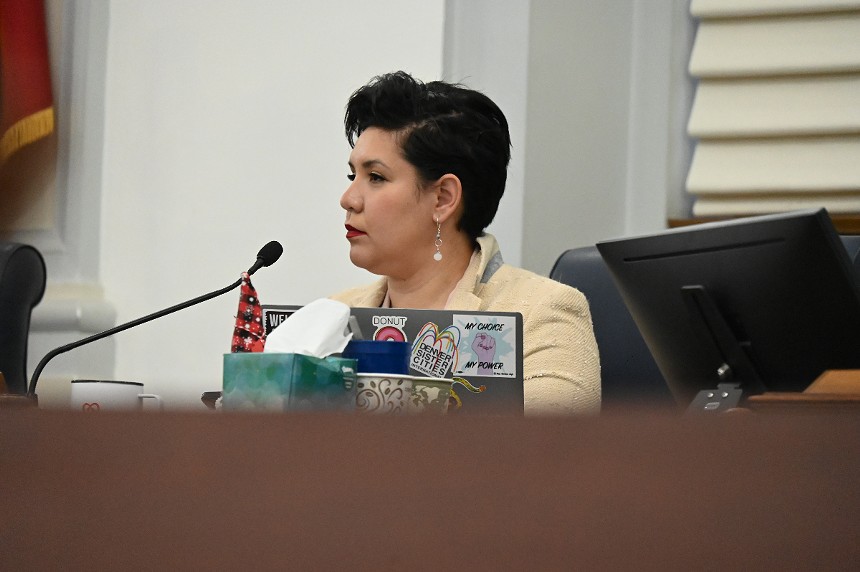
Councilwoman Flor Alvidrez began voting against Mayor Johnston's homeless emergency in September 18, as she became concerned about the micro-community in her district.
Bennito L. Kelty
On August 24, the mayor revealed the planned locations of ten micro-communities where he would house many of the 1,000 homeless residents he wanted to get off the streets by 2024 as part of his House1000 plan. Two weeks later, on September 13, Johnston told residents of the Overland neighborhood — in Alvidrez's district — that a micro-community would be going in at 2301 South Santa Fe Drive, the largest one he's planned so far. On October 8, Johnston told them the micro-community would begin construction a week later.
"One of the things I asked for early on was to prioritize my district's voice, and the next thing I know I'm getting an invitation to a community information meeting for the Santa Fe site," Alvidrez says. "I plan to be pretty hands-on with how this rolls out in my district."
The councilmember wrote a letter on November 9 to Mayor Johnston demanding more compromise over the 120-unit micro-community. "The lack of empathy, answers and cooperation from your office has caused division, verbal and property assaults to [neighborhood] leadership," she said. "Communication has improved in the last week but we need a firm commitment and an updated operator contract to address community concern."
Johnston responded to Alvidrez, saying, "We know that we will not get everything right in the first attempt, but we know that we will continue to listen to neighbors, learn from our progress, and get better along the way."
A month after Alvidrez joined Sawyer, District 11 Councilwoman Stacie Gilmore voted against extending Johnston's emergency declaration.
"We weren't being communicated with," Gilmore says of her October 16 vote. "I feel like I'm not getting the full story from the administration, and then the reason why they have the emergency declaration in place is for one, single fact. It's not to apply for a federal grant — as we were told — it's not to mobilize community agencies and have them stuffed in the basement...it was for the headline."
The councilwoman took her opposition a step further and resigned from her seat as the head of the Safety & Housing Committee — a city council body — on November 22. She says her resignation put her in a better position to ask questions as the mayor's staff continued to push through more contracts for his micro-communities and converted hotels.
"I decided I needed to resign because I didn't feel like I was getting the full story of what was transpiring, especially in my district, about the House1000 initiative," she tells Westword. "You've got to be able to have open, transparent communication, especially when you're chairing a committee that the administration is trying get contracts through to get approved."
Gilmore's resignation "affected us emotionally," says Sawyer, who is also on the committee. "When I learned about it, I was shocked, and it signaled to me that she has major concerns that are not being addressed."
Alvidrez, who is not on the committee but attends to ask questions about the micro-community in her district, was also taken aback. "It makes me sad to see her feel so frustrated that she felt she had to step down from that role," she says. "I felt like her experience was valuable in that role."
These three council reps are the only ones on the thirteen-person council to vote against extending Johnston's emergency declaration, which was last extended on November 13. The next vote to extend it will be in late December; so far, none of the three have changed their position.
Denver City Council most recently met on Monday, December 11. The biggest housing and homelessness topic it passed at the meeting was a $1 million contract extension with Bayaud Enterprises to have it continue operating emergency pop-up shelters — such as those activated in cold weather — through 2024.
Despite her position on the emergency vote, she and Johnston "still have a very good working relationship," Sawyer says.
Sawyer adds, "It's certainly the first time in my experience in my four and half years on the council that I've seen that happen, which means it is an extraordinary step that she felt she needed to take."
These three council reps are the only ones on the thirteen-person council to vote against extending Johnston's emergency declaration, which was last extended on November 13. The next vote to extend it will be in late December; so far, none of the three have changed their position.
Denver City Council most recently met on Monday, December 11. The biggest housing and homelessness topic it passed at the meeting was a $1 million contract extension with Bayaud Enterprises to have it continue operating emergency pop-up shelters — such as those activated in cold weather — through 2024.
"One of things that has gotten lost in politics in America across the country is we can disagree without being disagreeable," she adds. "Homelessness is certainly not the only thing that the City of Denver manages, and disagreeing on a piece of policy certainly doesn't stop us from working together."

